In the News
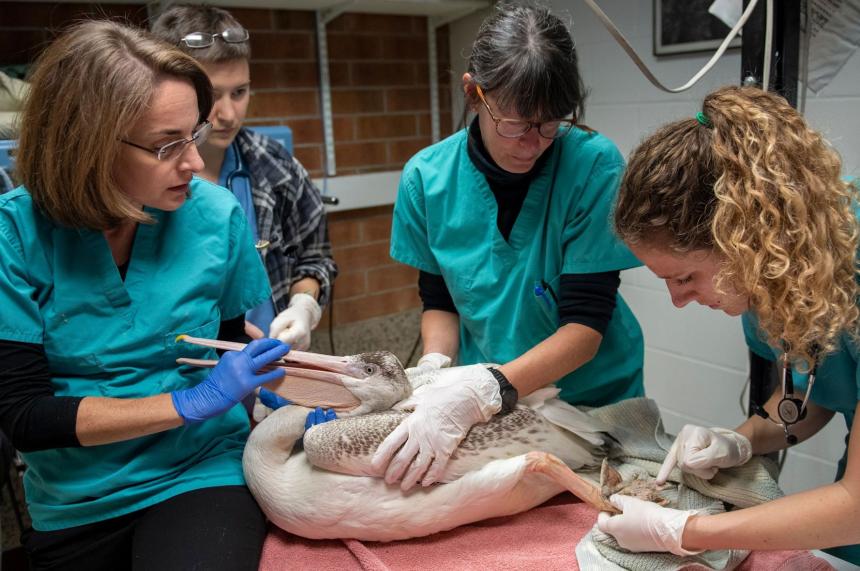
January 16, 2023
The Cornell Wildlife Health Center has launched a new Student Support Fund for off-campus apprenticeships with free-ranging or captive wildlife, on-campus wildlife research, and student travel to present at professional conferences on wildlife health and conservation.

November 15, 2022
Cornell veterinary students reflect on their experience this past summer in Cornell's International Experience in Wildlife Health and Conservation course, which provided hands-on learning in zoological and conservation medicine at the Belize Zoo.

News
July 28, 2022
For Cornell alumnus Zachary Dvornicky-Raymond, a career in conservation may have been an inevitability. An animal lover for as long as he can remember, Dr. Dvornicky-Raymond recalls, “as I grew up and was attending zoos and learning more about the world, I came to realize that all of the animals that I loved and was so interested in were disappearing. So I always knew I wanted to figure out a way to help them.”
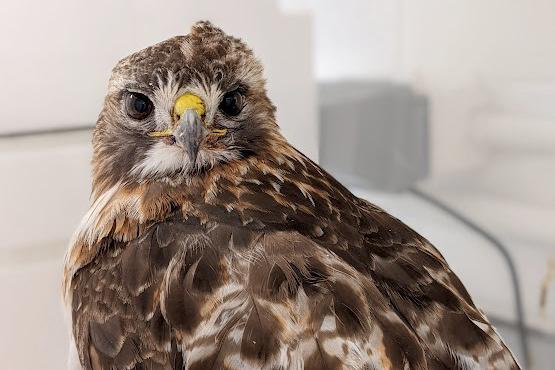
July 12, 2022
Birds of prey are in trouble, according to a recent study by Cornell researchers. Rodenticides are bad news for wildlife; poisoned rodents may not die immediately and are more likely to be eaten by raptors like red-tailed hawks, passing on the poison to them.

June 27, 2022
West Nile virus may no longer be a death sentence to crows. In a new study from the College of Veterinary Medicine, wildlife experts describe successfully treating and releasing five American crows infected with the deadly disease, These are the first known crows to survive West Nile virus.
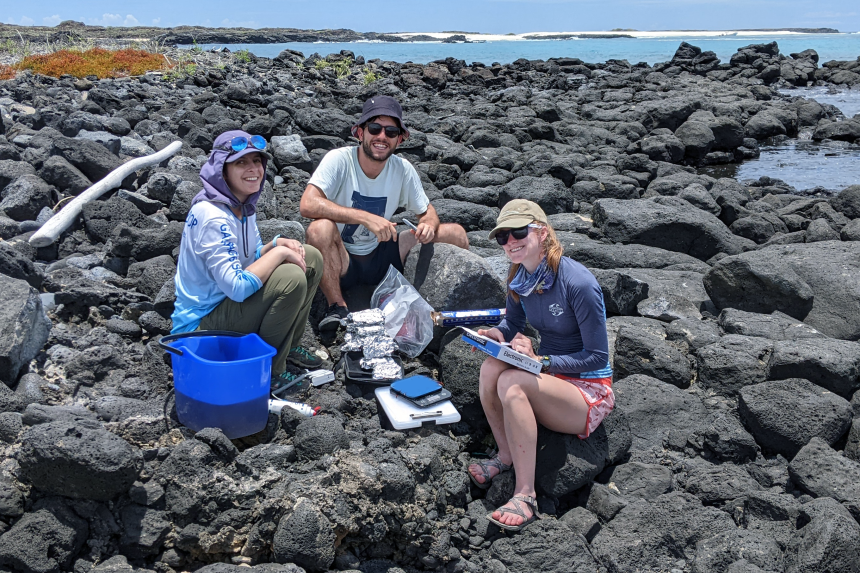
June 24, 2022
The equatorial sun is fierce and radiates off the field of lava rocks that make up the rugged shoreline. My co-investigators and I are swiftly processing twenty Sally Lightfoot crabs that were collected from the nearby rocks. For each crab we individually identify them, measure dimensions, obtain a body weight, perform a physical exam, and count a heart rate to assess their health....
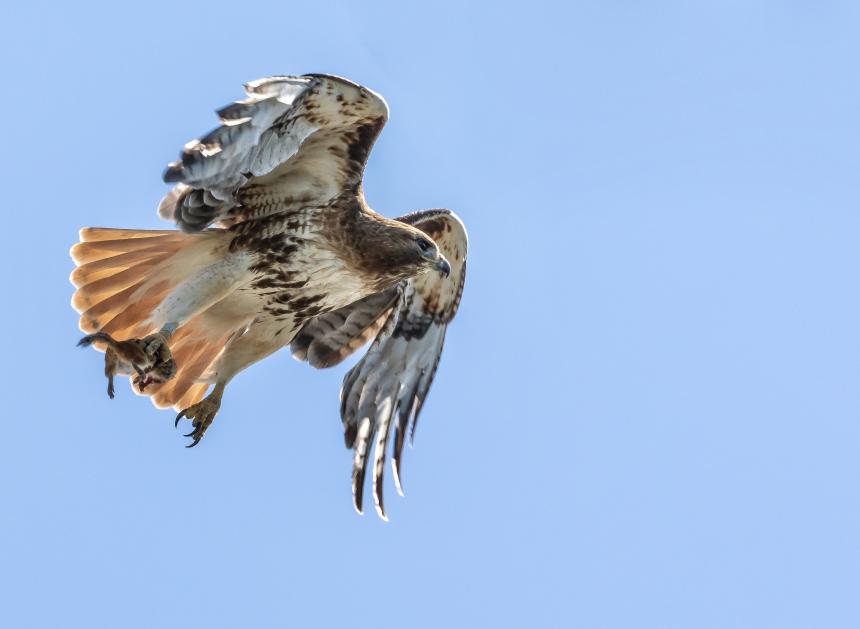
For Your Information
June 17, 2022
Anticoagulant rodenticides continue to be used across the U.S. as a method for controlling pest rodent species. As a consequence, wild birds of prey are exposed to these toxicants by eating poisoned prey items.
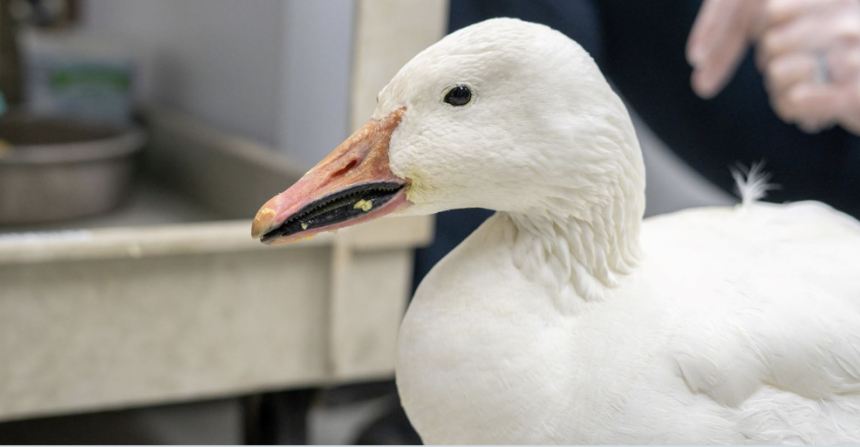
June 10, 2022
Each spring, large flocks of snow geese make their annual trek from the south back up to their Arctic breeding grounds. One goose’s journey was interrupted, however, by an increasingly common threat to wildlife — lead toxicity.

April 14, 2022
After a decade of planning and over a year of construction, the Rosamond Gifford Zoo opened their new animal health center with the goal of providing education and transparency to visitors at the zoo.

April 07, 2022
The Cornell University College of Veterinary Medicine welcomes new faculty member Dr. Emma Houck, assistant clinical professor in the section of zoological medicine.
